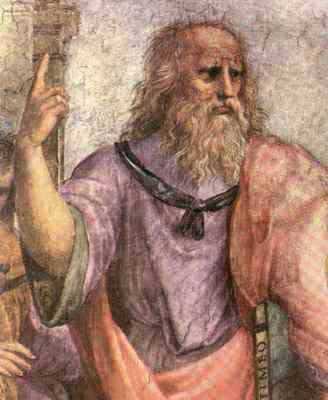
Associate Professor of Philosophy
General Information (How to reach me).
Professional Information (Including my CV).
Some Online Papers.
Some Useful Links.
Set Theory Seminar.
 |
Timothy Bays Associate Professor of Philosophy General Information (How to reach me). Professional Information (Including my CV). Some Online Papers. Some Useful Links. Set Theory Seminar. |
I am an associate professor in the department of philosophy at the University of Notre Dame. Before coming to Notre Dame, I taught in the philosophy department at Yale. I also spent a few years as a Mellon Fellow at Chicago. I did my graduate work in the departments of philosophy and mathematics at UCLA.
In philosophy, my primary interests are in logic, the philosophy of mathematics, and the philosophy of logic. I also have side interests in metaphysics, epistemology, and the philosophy of language. Although I like the history of philosophy---and spend a fair bit of time teaching Plato and Aristotle to my freshmen---my languages aren't good enough to do real work here (maybe someday). In mathematics, I work on the borders between model theory and set theory, and I dabble in modal logic and algebra for fun.
If you need to get in touch with me, here are some ways of going about it:
If you really want to know about my professional life, here are the gory details. They may be a bit out of date, but they give the basic picture.
More generally, my work focuses on logic and the philosophy of logic. In logic, I work mostly on model theory, with a special emphasis on stability theory and the theory of o-minimal structures. I like problems which are set-theoretically complicated---e.g., Chang's Conjectures, counting submodels of a given model, or computing Hanf numbers---but I try to eliminate the real set theory by limiting myself to "nice" classes of models (that's where stability and o-minimality come in). I also have an on-and-off interest in modal logic, though I don't have any particularly nice results to show for it.
In philosophy, I'm interested in the relationship between logic, on the one hand, and metaphysics, epistemology and philosophy of language on the other. A while back, I wrote a dissertation on Skolem's Paradox. Since then, I've worked on Putnam's model-theoretic argument, on Tarski's use of model theory in formulating an account of logical consequence, and on Wittgenstein's views on Godel's theorems. I still spend a lot of time thinking about Skolem's paradox---especially about Skolem's own views on the paradox---and I worry a lot about the relationship between set theory and arithmetic.